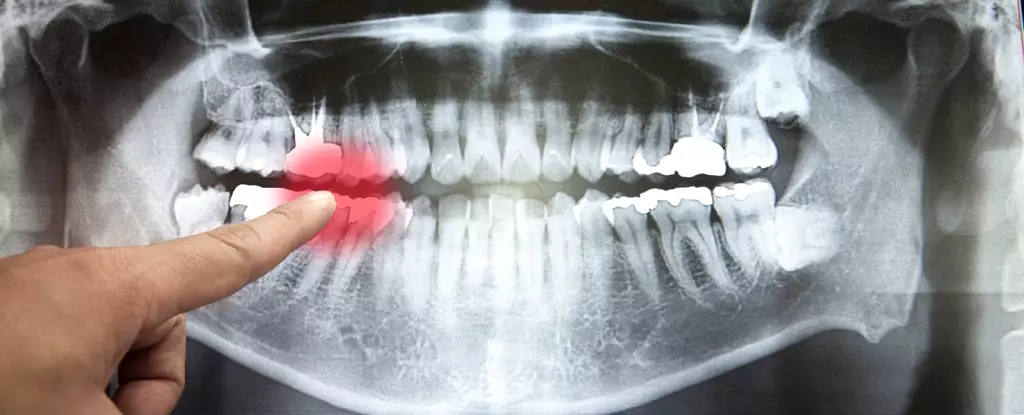The relationship between oral health and overall physical well-being has been under scrutiny for years, with emerging research suggesting a profound link between losing teeth and an increased risk of cardiovascular disease (CVD). This connection touches on the broader issues of health and hygiene, revealing that maintaining oral health can play a vital role in preventing serious health conditions such as heart disease and stroke. The implications of this link cannot be understated, as they point to a need for greater awareness and better health resources, especially among aging populations.
Recent studies and analyses reveal that individuals who experience extensive tooth loss may face a staggering 66% higher risk of dying from heart-related issues compared to those with better oral conditions. This heightened risk persists regardless of additional factors such as age, smoking habits, and other CVD-related lifestyle choices. Prior research has made it clear that poor dental hygiene may allow harmful bacteria to penetrate the gum line, leading to infections that could ultimately impact cardiovascular health.
While these findings suggest an alarming correlation, the causative mechanics of this relationship remain complex and somewhat contentious. The cardiovascular disease umbrella encompasses various conditions impacting heart and vascular systems, posing challenges in identifying specific causal links. The implications of lifestyle choices like smoking or diabetes complicate the picture further. Interestingly, certain investigations that factored in these variables have reported that the apparent connection between tooth loss and CVD might diminish, calling for more comprehensive studies for a clearer understanding.
Anita Aminoshariae, a dental researcher, emphasizes that severe tooth loss should be treated as a significant marker in assessing cardiovascular risk. This perspective is pivotal; it shifts the issue from mere dental hygiene to an urgent public health concern. The data analyzed from multiple studies indicates a troubling trend: populations with fewer remaining teeth consistently exhibit higher rates of mortality related to heart conditions. This creates an opportunity for further exploration into how preventive dental care might affect broader health outcomes.
It’s also essential to highlight that while existing studies indicate a link, they primarily document associations rather than definitive causation. This distinction is crucial in developing preventive health strategies. Future investigations should aim to clarify these relationships and determine whether interventions aimed at improving oral health can effectively lower CVD risk.
Addressing the startling findings regarding teeth and heart health necessitates a proactive approach to oral health across communities, particularly in low- and middle-income nations. The importance of promoting access to dental care services is evident. By making oral health resources available and encouraging a diet rich in nutrients rather than sugars and starches, communities can foster healthier populations overall.
Moreover, as a significant proportion of CVD deaths can be attributed to preventable factors, the time has come to prioritize oral healthcare in public health discussions. This could manifest in education programs about hygiene, affordable dental services, and initiatives supporting healthy eating habits—interventions that could collectively address the dual challenges of poor oral health and cardiovascular disease.
The exploration into the interplay between tooth loss and cardiovascular disease reveals a compelling narrative about health that stretches beyond the confines of dental care. As research progresses, it becomes increasingly clear that maintaining optimal oral health is essential not merely for a confident smile but for overall cardiovascular well-being.
Ultimately, raising awareness about the importance of oral hygiene and investing in community health initiatives could prove to be life-saving measures—saving not just teeth, but potentially lives. The connection between oral and cardiovascular health should inspire healthcare professionals to adopt a more integrated approach to patient care, emphasizing the significance of health across systems rather than in isolation.


Leave a Reply